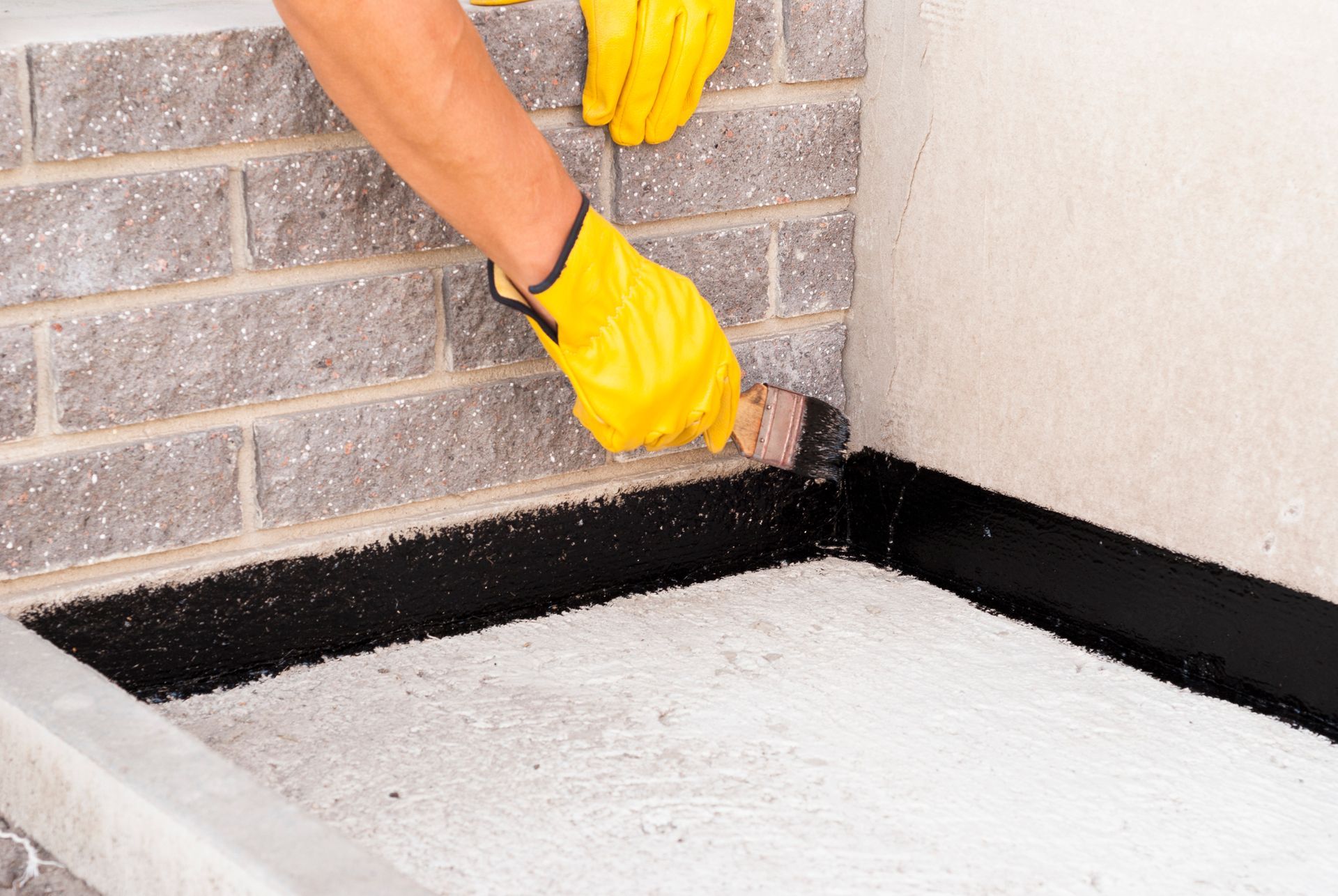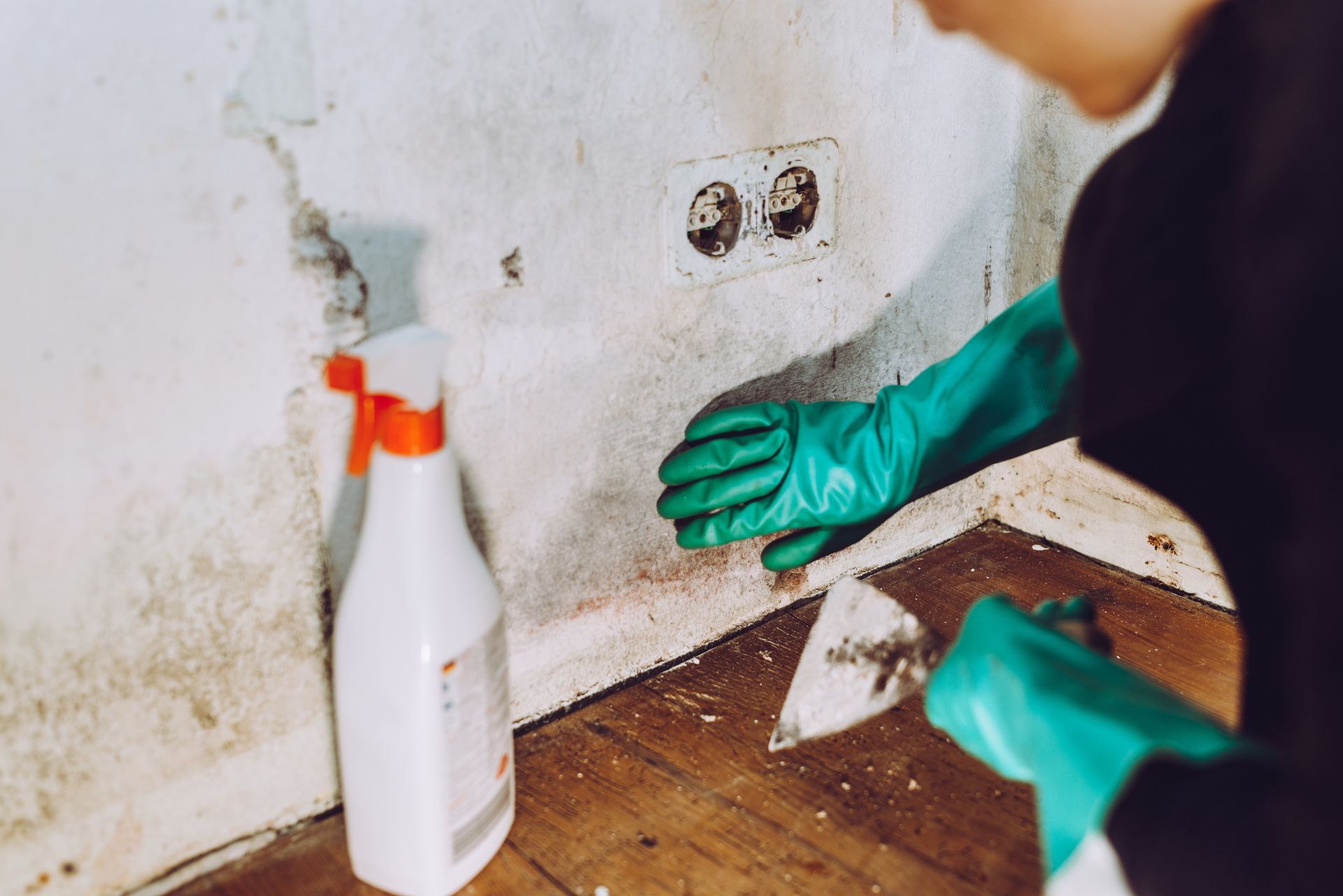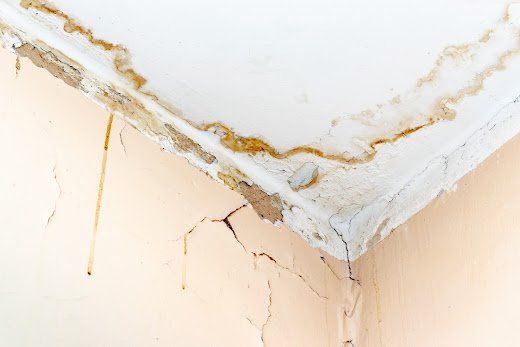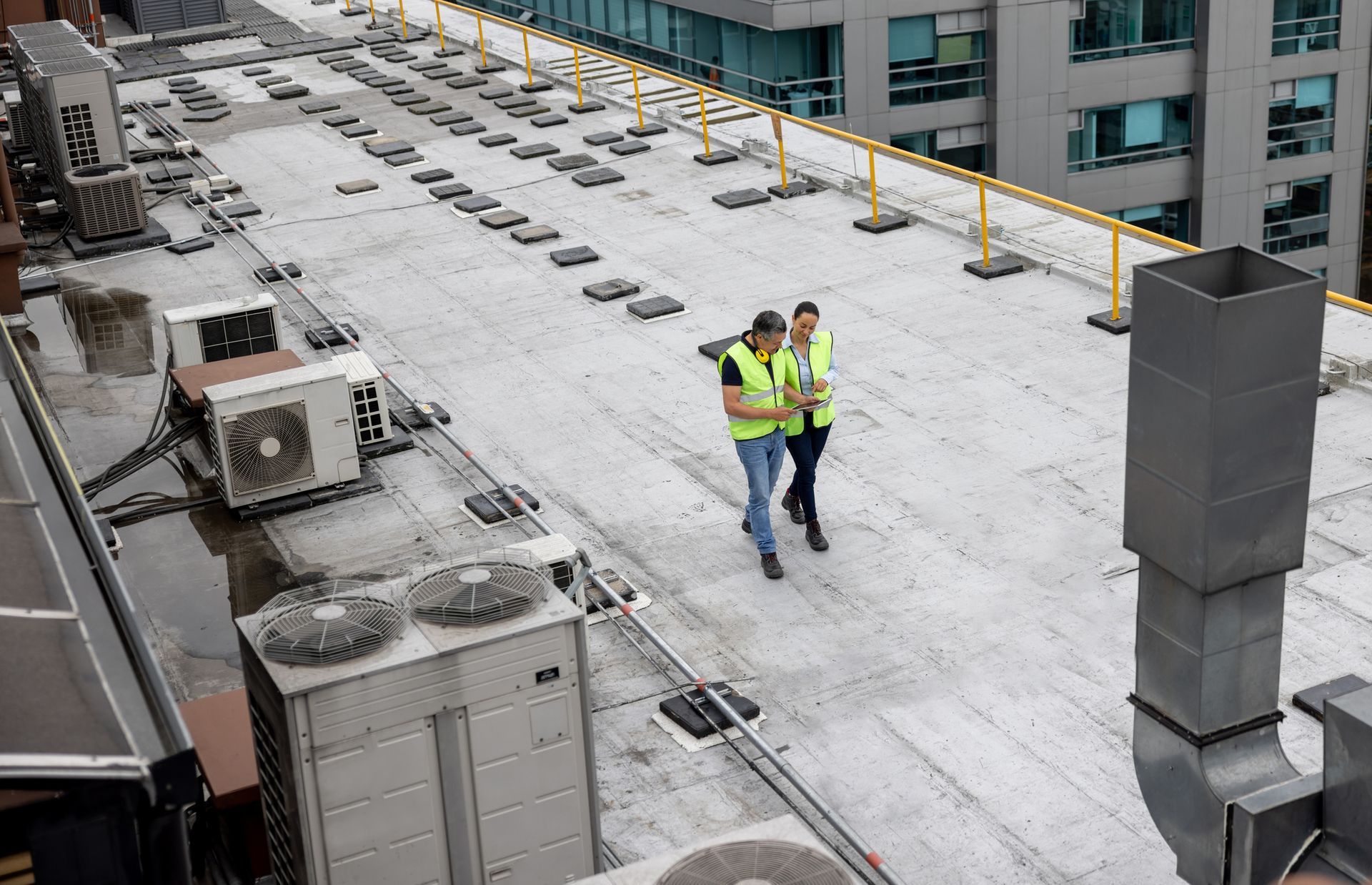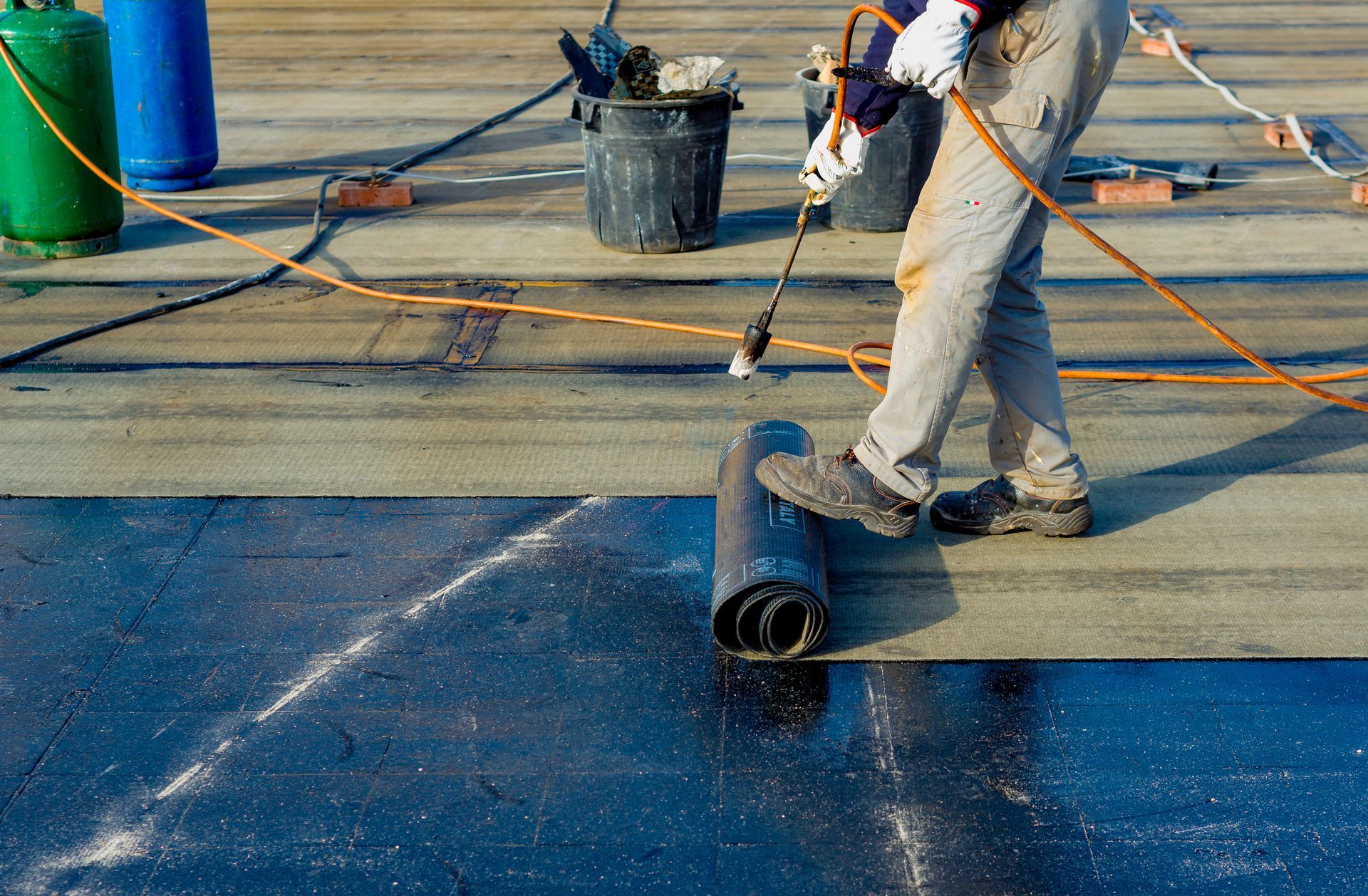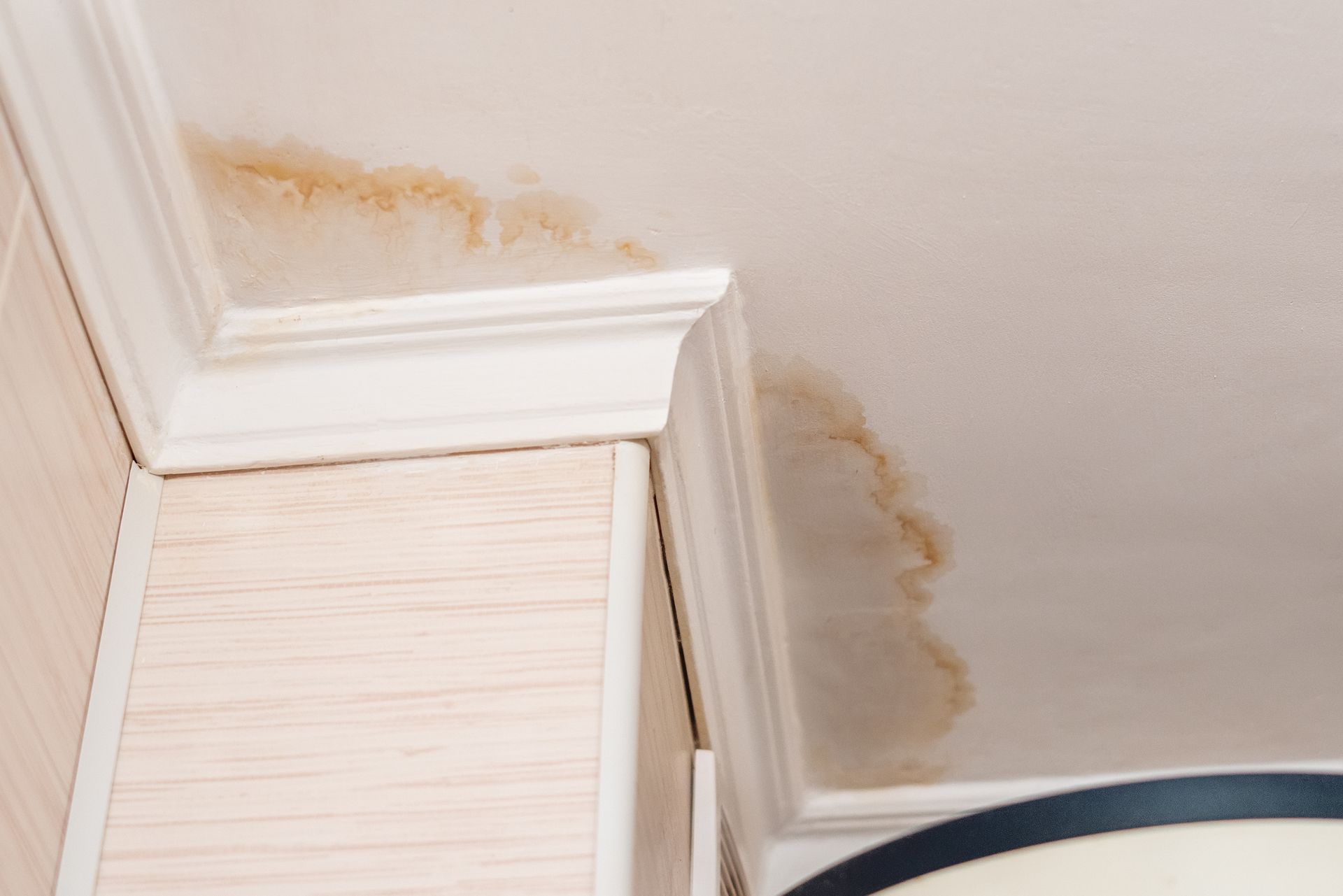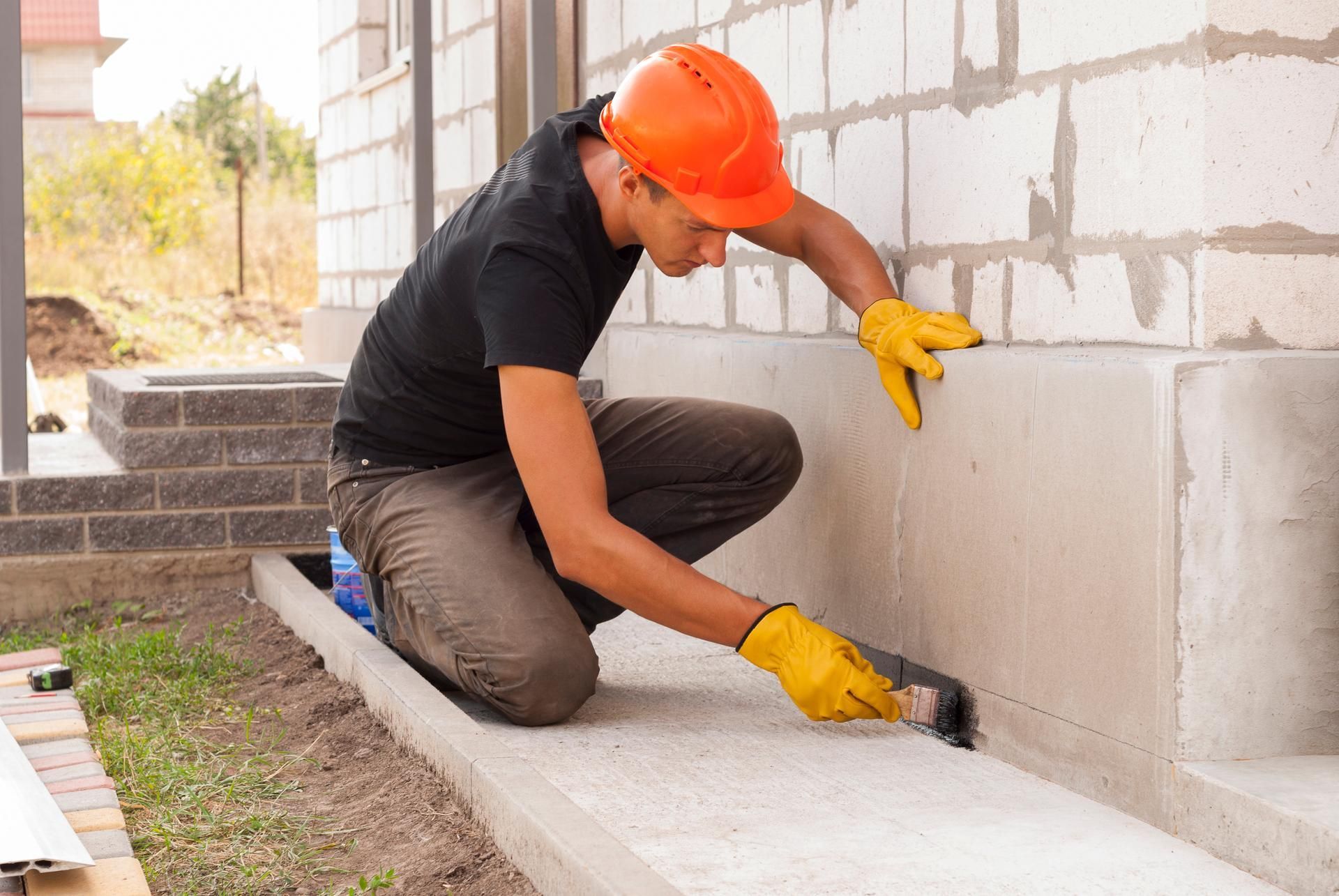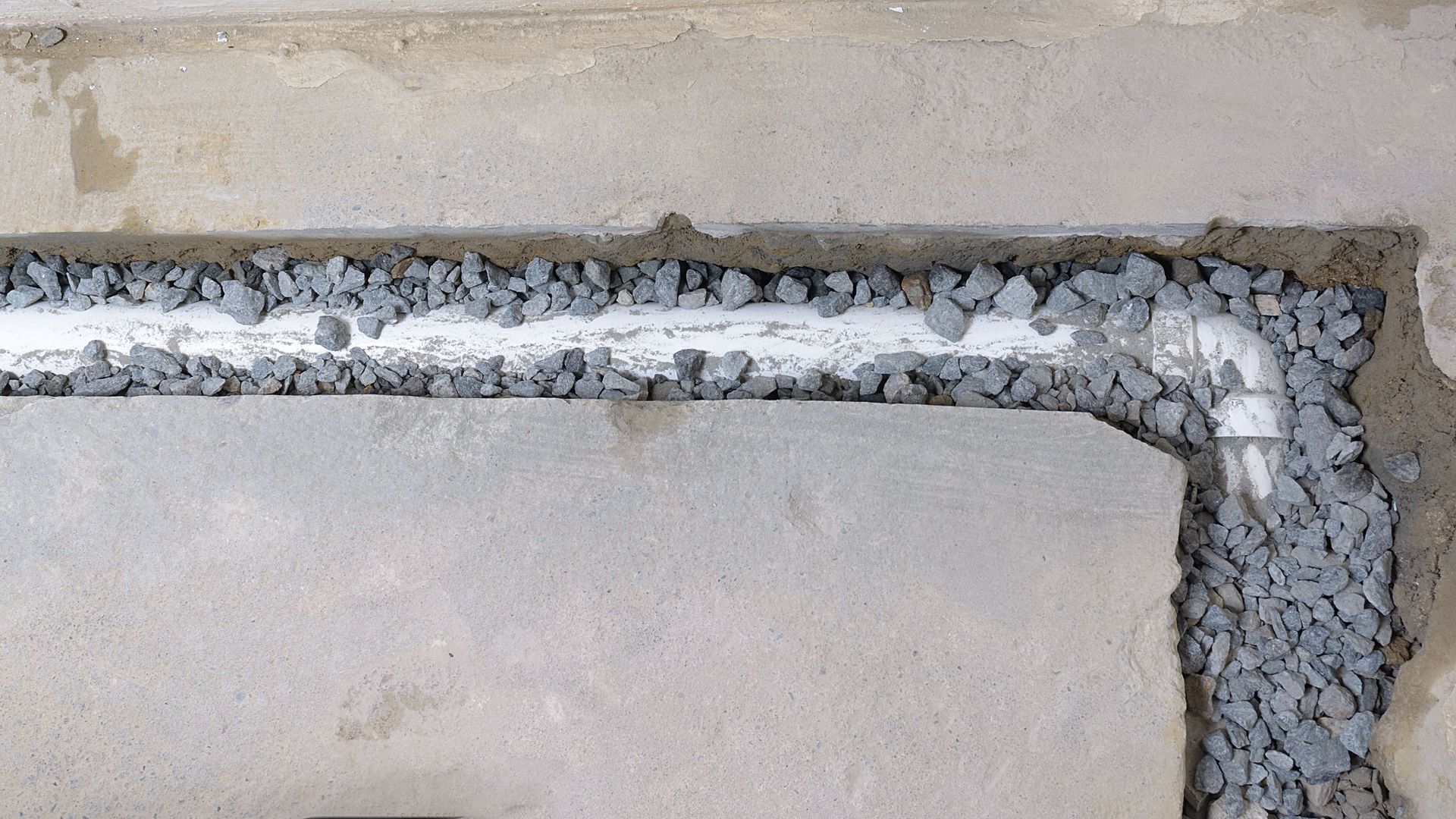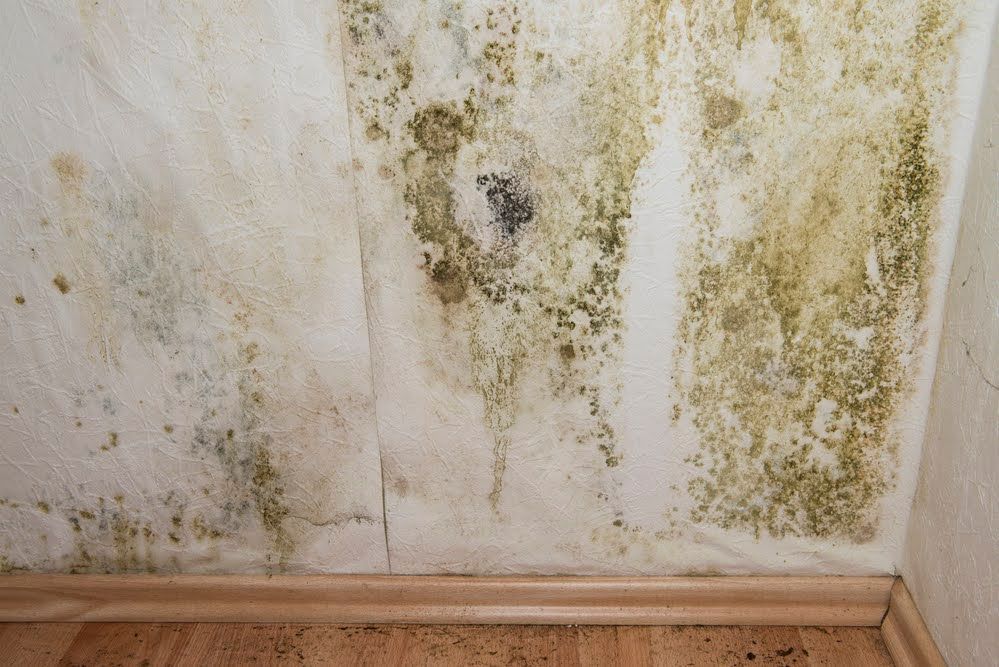Basement Waterproofing Could Be the Solution to Your Home’s Frequent Insect Problems
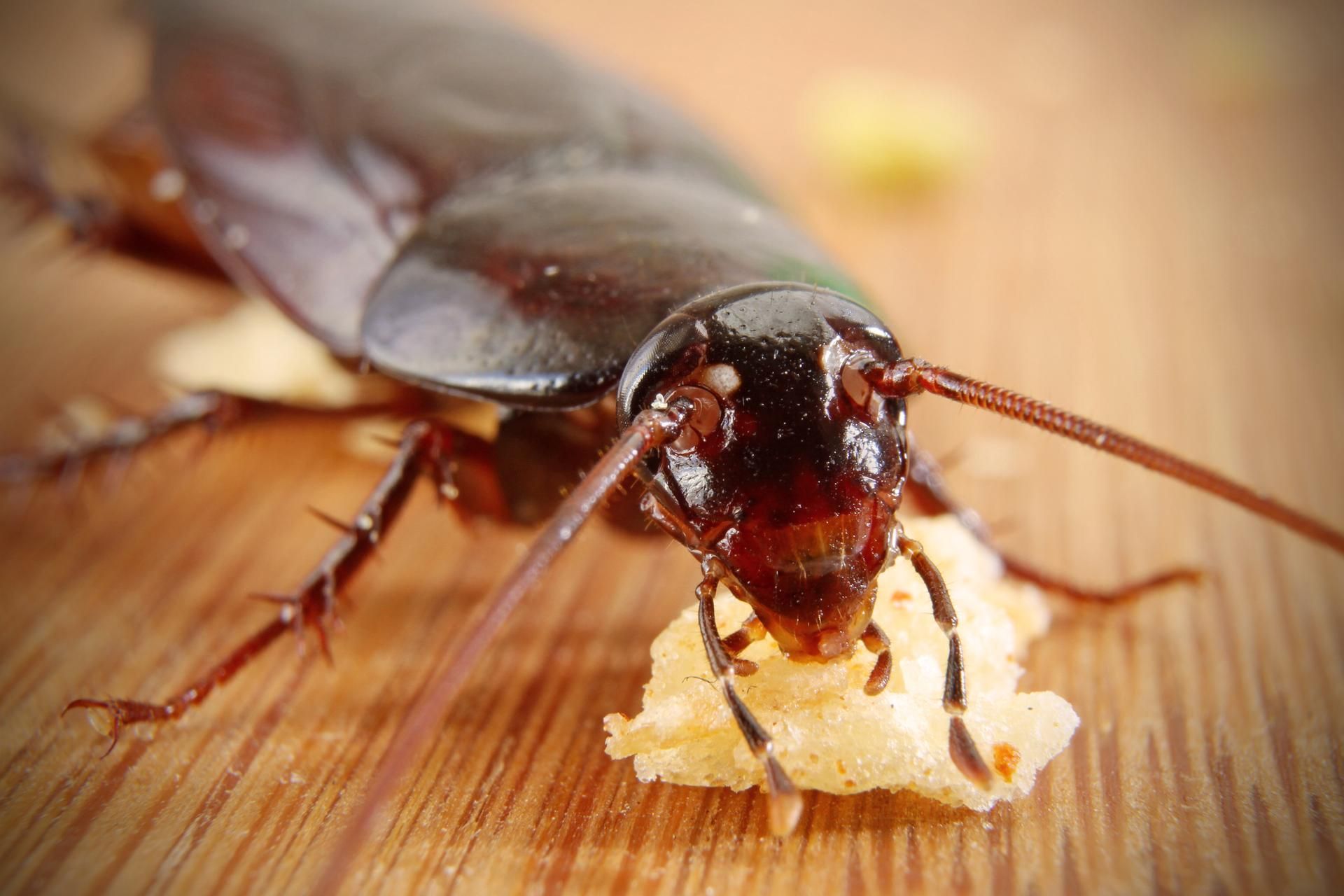
A basement that's frequently wet or damp causes a number of problems including rot, rust, mold, and foul odors. A problem you might not consider is attracting pests. Many bugs are attracted to damp areas, and a wet basement makes an ideal home for pests since your basement may be quiet and not see much human activity for long periods.
Here's a look at what pests do to your home, and how waterproofing your basement may help get pests under control.
Pests Can Cause Home Damage
Even if you don't store many things in your basement, pests can still do harm to your belongings and home. Once bugs get settled in your basement, they may venture into your living space in search of food. You may notice more bugs in your kitchen and bathroom when you have a damp basement. Some bugs, such as termites and carpenter ants, may chew on the wood of your home and cause expensive damage.
Other bugs, such as silverfish, settle into cardboard boxes and fabrics and destroy your belongings. Roaches are also attracted to dampness. These pests can spread diseases if they get in your kitchen and contaminate your dishes and food. They can also give your home an unpleasant odor.
If you don't go in your basement very often, an insect infestation might get out of control before you realize what's going on. If you're having frequent pest control problems in your home, check your basement. It might be the source of the infestations.
Pests Attract More Pests
When pests get in your basement through cracks in the walls or gaps around the egress window, other bugs may be attracted to follow the moisture-loving pests. Bugs that eat mold and cardboard may attract bugs that eat other bugs. Spiders might even take an interest in your basement if the food supply is plentiful. You probably don't want spiders in your basement too, so controlling bugs that come in for moisture is important.
This may require pest control treatments, but a permanent solution is basement waterproofing. Sealing up gaps and cracks keeps bugs from getting inside, and drying out your basement removes the attraction, so you should have fewer problems with pests.
Pests Can Be Controlled By Drying the Basement
Drying out your basement and keeping it dry could involve a number of steps. A basement waterproofing contractor can offer recommendations for the best way to dry your basement. An important step is to seal cracks and plug gaps so bugs can't just crawl through the cracks and get inside. Sealing cracks keeps out moisture as well as bugs.
If water is seeping through the walls due to hydrostatic pressure, your contractor might recommend putting a waterproof coating or membrane on the exterior wall. Exterior waterproofing methods require digging in your yard, so you may prefer an interior method. Installing an interior drain with a sump pump is another option for basement waterproofing. Applying a waterproof coating to the interior walls might be another method your contractor discusses.
You'll want to learn about what's involved with each method and its pros and cons. Once your basement is sealed and dried out, set up a dehumidifier to keep moisture out of the air so the space stays dry and unappealing to pests. If you'll be finishing your basement, installing a ventilation system might also help the space fight condensation and high humidity that's often found in basements since they're underground.
If you're having problems with a wet basement when it rains or if your basement is always damp and musty, contact Central Penn Waterproofing. Our licensed contractors will find a solution that not only keeps your basement dry, but also eliminates problems caused by water damage, such as rot, rust, odors, and insect invasions.


